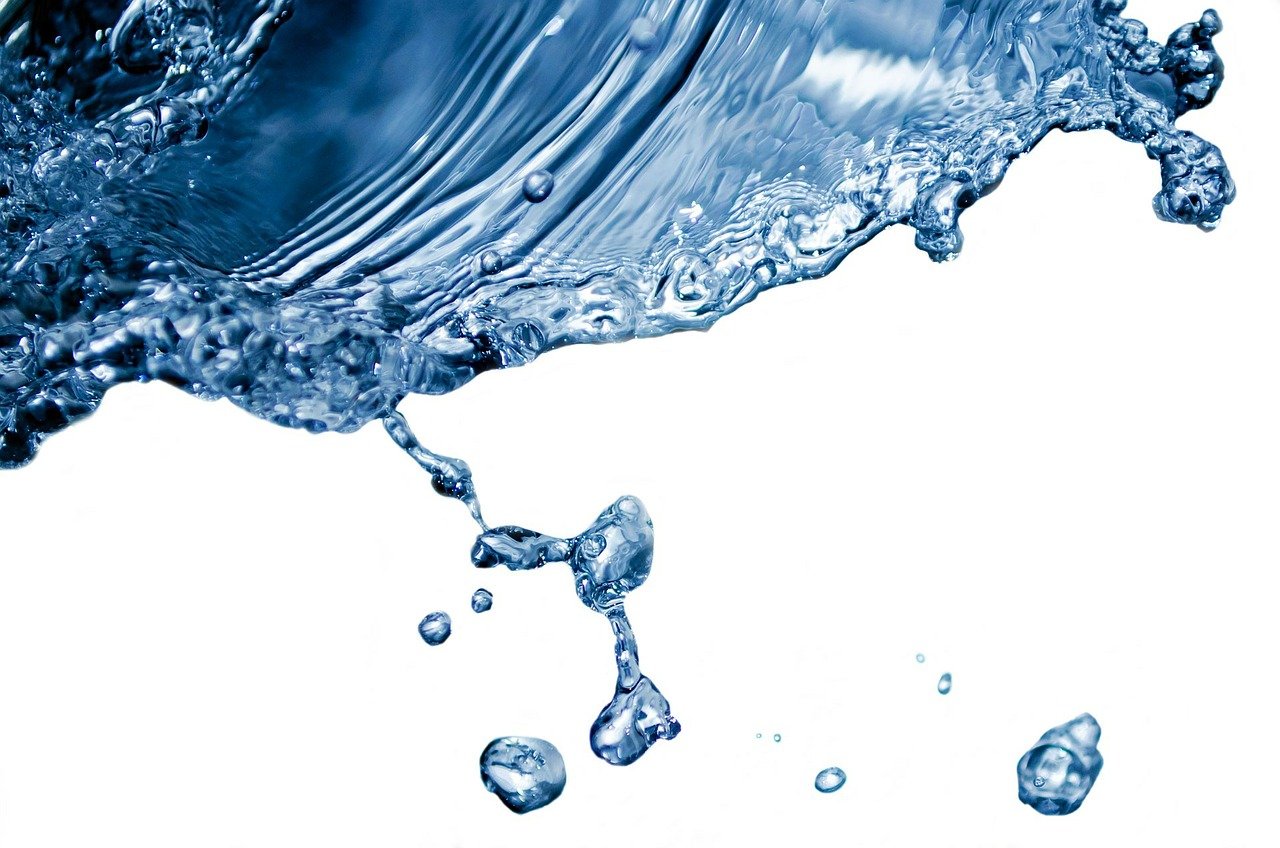Four Ways Access to Clean Water Can Make the World a Better Place
For many of us, having access to clean, potable water is something that we may take for granted. When we turn on our taps to fill our glasses, fresh and cold water pours out without hesitation. When we get into our showers, we don’t have to worry about whether we’ll have enough hot water available to get sufficiently clean. It’s amazing how something that’s so essential is almost an afterthought.
However, not everyone is as fortunate as to have water flowing freely from their faucets. While there’s been a lot of progress made in providing access to this essential element to those in need, a lot more still must be done. And once everyone who needs water finally has it, then we can start to see these four positive outcomes arise as a result of it.
A Reduction in Illness
Sadly, water-borne illnesses are one of the biggest issues facing people who do not have access to clean water. More than 3.5 million people will perish every year due to a lack of safe water to drink. As water is often directly linked to waste, it’s not uncommon to find water sources tainted with disease-causing pathogens such as typhoid fever, cholera, salmonella, and dysentery.
Furthermore, it’s not uncommon to find high levels of other unsafe toxins in water, either. Runoff from manufacturing, waste byproducts from farming, and even pesticides can be found in drinking water. However, by providing clean water to these impacted communities, we can start to notice a dramatic drop in these diseases, as well as the death rate caused by them.
An Improvement in Sanitation
While the ability to take a bath or use the restroom isn’t something that we usually think twice about, not everyone has the same opportunity to be able to enjoy basic hygiene with ease. For some 3.6 billion people across the globe, they do not have access to the water resources needed to be able to clean themselves, and a lack of latrine facilities also poses a serious problem.
Many people are forced to use the restroom outdoors, which increases the risk of biological waste seeping back into their drinking water. The impact that this lack of water has on communities is devastating. Nearly 700 children under the age of 5 die every day due to this lack of sanitation. But by providing improved sanitation to these disadvantaged regions, we can reduce these rates considerably.
A Better Food Harvest
Another major concern is the role of unsanitary water on local crop production. Again, it’s not something that most of us tend to think about, especially since we usually have access to grocery stores. But for those who grow their own food, watering their crops with contaminated water can lead to their food also becoming contaminated with the same pathogens and toxins.
The repercussions of these tainted food sources can be far-reaching. In many parts of the world, a lack of access to food is a problem that is often on par with the lack of access to water. However, providing clean water can help decrease the mortality rate due to both disease and starvation, something that is desperately needed for those who live in these regions.
A Healthier Society
Our bodies are primarily made up of water, and 70% of the human body is actually composed of it. Not only does drinking sufficient water help keep us hydrated, but it also helps flush toxins out of our bodies and promotes metabolic processes. Without it, the risk of developing serious health concerns such as kidney disease, urinary tract infections, and even impaired cognitive function is great.
Children and elderly persons tend to be disproportionately impacted by the detrimental effects of chronic dehydration, as are those who live in warmer climates. Conversely, access to fresh water can help reduce these issues. Not only can these health concerns be greatly prevented, but people can enjoy a longer and better quality of life overall.
What Can We Do?
Yet with the importance of having access to clean water being so great, how can we make this possible? There is no one single solution, and providing water to those in need is going to require considerable effort. A focus on improved water conservation techniques is one way we can facilitate this, as is providing wells and even sanitation methods to these regions.
For instance, for parts of the world that may not have clean water, installing water filtration systems can be life-changing. A reverse osmosis system, for example, can help remove a considerable amount of the existing contaminants from water, making it not only safer to drink, but more pleasant-tasting, too.
These systems are often surprisingly affordable, too, reducing many of the barriers involved in providing them to disadvantaged communities. And by making these efforts to provide clean water to those in need, we can finally start to see the benefits of doing so – not only in the areas directly affected by it, but all across the globe, as well.

